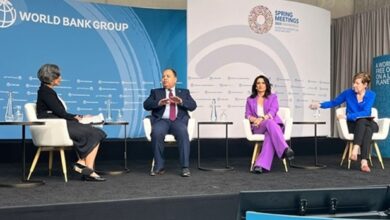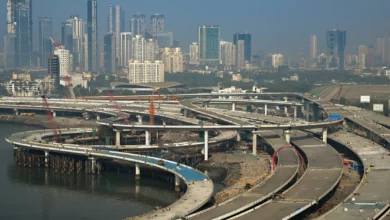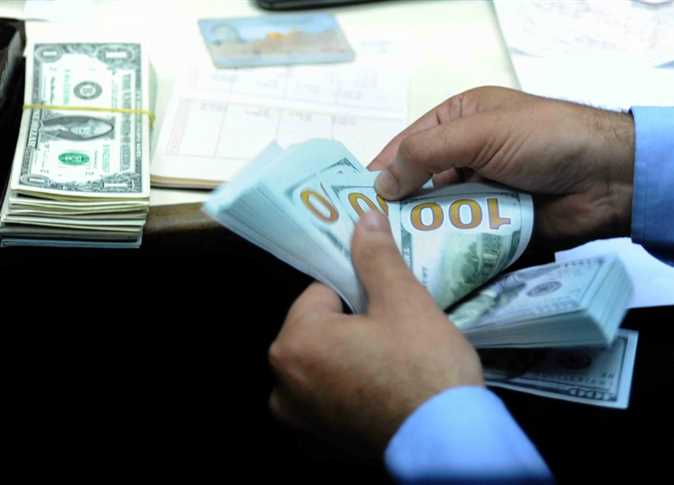Complaints about the lack of change is currency. The pained look on a shopkeeper’s face when handed a ten pound note for something that costs LE4 always precedes the inevitable question ‘Mafesh fakka?’ ‘Don’t you have change?’
If the shopkeeper does have change, he would rather not waste it. And, chances are, if the buyer does have the exact change, he is saving it for something else.
This is a familiar scene, one that repeats itself in nearly every transaction involving small change (fakka). Change is growing increasingly scarce. The nation is gripped by a fakka crisis.
In recent years there have been adjustments to Egypt’s currency. In 2005 the Central Bank of Egypt introduced one pound and half pound coins. Although Initially treated with suspicion by the majority of the population, the durability of the coins soon made them the preferred choice over their fragile paper counterparts, which had often been in circulation for so long they were worn beyond recognition.
Karim Helal, Group CEO of CI Capital, recounts a conversation with a European economist, who “judges the economic health of a country by the state of its bank notes.” Greasy bank notes, like the overworked paper 1LE, mean that no new notes are being printed.
By phasing out the smallest paper notes and replacing them with coins, Egypt may be elevating its financial status in the world.
At the same time the 1LE coins were being introduced, the 200 pound note made its debut. However, this new note was seen as large and impractical.
“What am I going to do with this?” a woman withdrawing money from a cash point asked when she got a crisp LE200 note. The bill was re-introduced in 2009 in a smaller and more streamlined form
A LE200 note in an everyday transaction is all but useless.
In big supermarkets or upscale restaurants you can break a denomination this large, but forget trying to pay for a taxi with it. For the 18.4 percent of Egypt’s population who live below the poverty line on US$2 per day (according to the 2009 UN Human Development Report), a 200LE note is simply unattainable.
It would be easy to blame taxi drivers for the crisis, as people need to have change to avoid a fight about the price. The arrival of white metered taxis has weakened the tyranny of taxis over people’s everyday mobility, as a fixed price has reduced the need to have the exact fare for your ride. But there is still no guarantee that the driver will give you your change, maybe he doesn’t have it or maybe he just wants to keep it, and so people still need to cling on to their change for this purpose.
Ziad Amer, research analyst at the Egyptian Centre for Economic Studies is not convinced there is a concrete economic explanation for the apparent lack of small change, but points to inflation as a possible reason for why it seems hard to come by these days.
“Maybe people don’t carry change any more because few goods or services can be bought with change due to inflation or time value of money.” Time value of money is a rule in economics, Amer explains, meaning “that the value of money decreases as time passes, so its expected that 50 piasters now cannot buy a Pepsi bottle as it did 15 years ago.”
The IMF’s most recent Economic Regional Outlook for the Middle East and Central Asia (from May 2010) shows an increase in consumer price inflation in Egypt since 2000, reaching a high of 18.3 in 2008, but which declined last year to 14.1 percent. The inflation rate is projected further decline to 10.7 percent for 2010.
One must also consider the way in which Egypt’s economy is structured, operating primarily as a cash economy. Helal estimates that around 80 percent of the economy is informal and that when it comes to small businesses “a large number of them do not use banks because they are not ready to lend to them.”
If small businesses operate outside the banking sector then there is no system for them to stock up on change.
When asked about where he gets change from, a shop owner said, “it is all unofficial–we get it from the customers or maybe from the petrol station [which is situated across the road] or maybe from the bank, but there is no system.”
This lack of a clear system could be key, as small businesses rely on their customers or neighbors to supply them with smaller denominations. Instead of stocking up on change to give to their customers, they rely on them to supply the change and so are unwilling to give it out.
On the other hand, people want to keep their small change, as it is necessary in everyday interactions–if you want to tip the guy who parks your car it is not established practice to ask him to change a LE20, for example–and being caught short is embarrassing.
And so we find ourselves in a vicious cycle, a power struggle over fakka, where both consumer and provider guard their change, not giving it up easily. The only clear winner is the taxi driver, who can use the crisis to make a few extra pounds on each journey.




